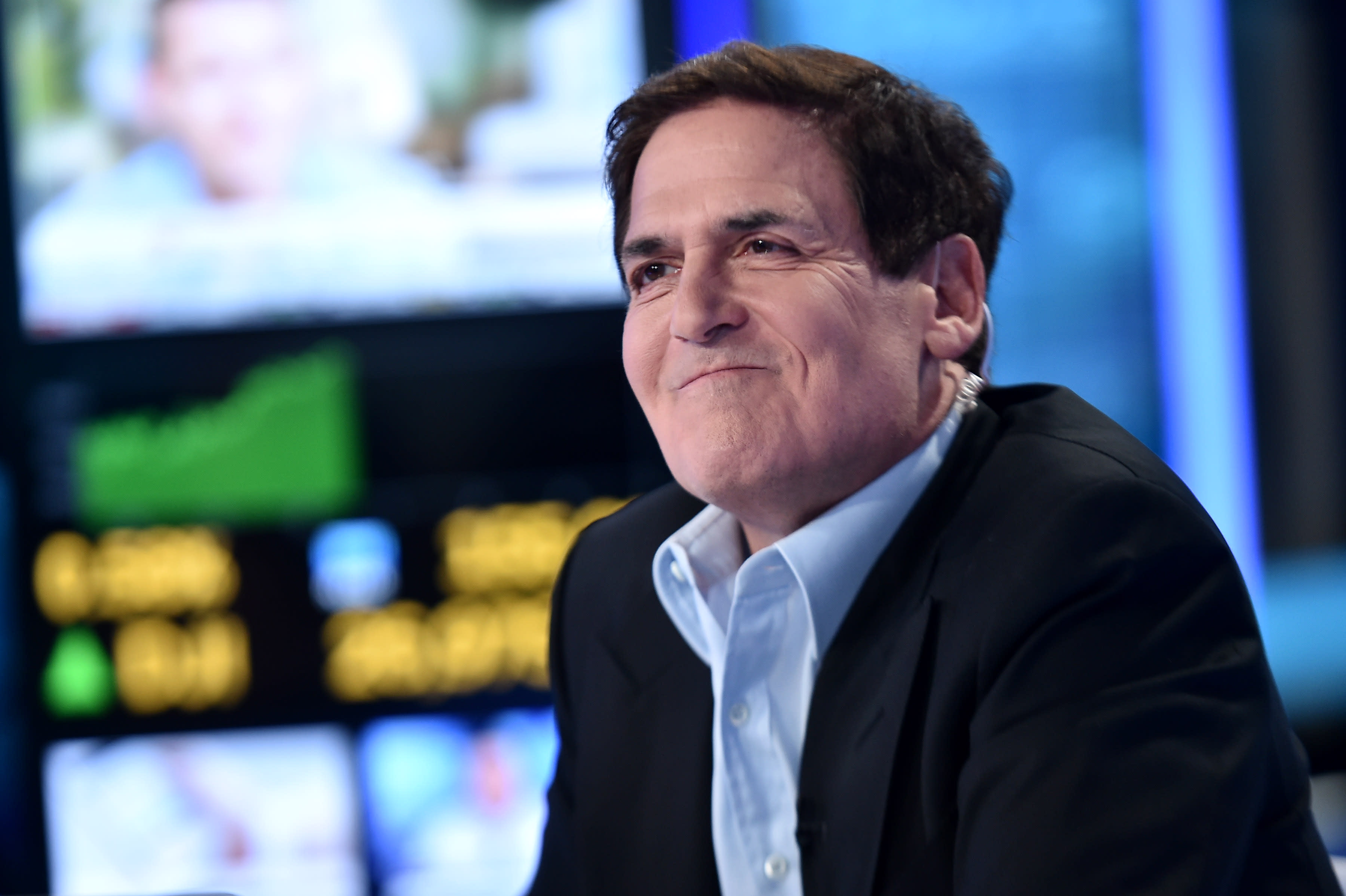Before Mark Cuban became a billionaire in 1999, he was mostly broke in his early 20s — sleeping on the floor of an apartment he shared with six others, frequently coming home to his lights turned off and having his credit cards cut.
But Cuban remained motivated by the thought of retirement and financial independence.
In fact, “my whole goal when I started [working] was to retire by the time I was 35,” Cuban recalled during Friday’s episode of ABC’s “Shark Tank,” “because the one thing you can never buy is time.”
“I wanted my time to myself. That’s the one thing you don’t get a second shot at. And I was willing to give up a lot to get there,” the entrepreneur and investor said in November on the “Raising The Bar” podcast.
Cuban had the idea after reading the 1988 book “Cashing in on the American Dream: How to Retire at 35” by Paul Terhorst, Cuban told CNN Money in 2017. Feeling inspired, Cuban believed that “if you could save up to $1 million and live like a student, you could retire” early.
Ultimately, his hard work paid off.
In 1990, at age 30, Cuban sold his company MicroSolutions to CompuServe for $6 million. After that, “I literally retired,” he said in an interview with Bloomberg last year. “I bought a lifetime pass at American Airlines, travelled the world and partied like a rock star for the next few years.”
Five years later, Cuban and a friend, Todd Wagner, started Broadcast.com, which was later acquired by Yahoo in 1999 for $5.7 billion in stock.
Soon after, Cuban realized he could use his wealth to “do things that buy time,” he told Barbara Corcoran in 2019 on her “888-Barbara” podcast. “I can make things happen more quickly by paying a little bit more. And that’s important, because time is the one asset you can’t own, buy or get back,” he said.
“I stopped trying to just make as much money as I could a long time ago,” he added. “I got enough money. I value my time a lot more than my next dollar.”
Disclosure: CNBC owns the exclusive off-network cable rights to “Shark Tank.”
Check out:
